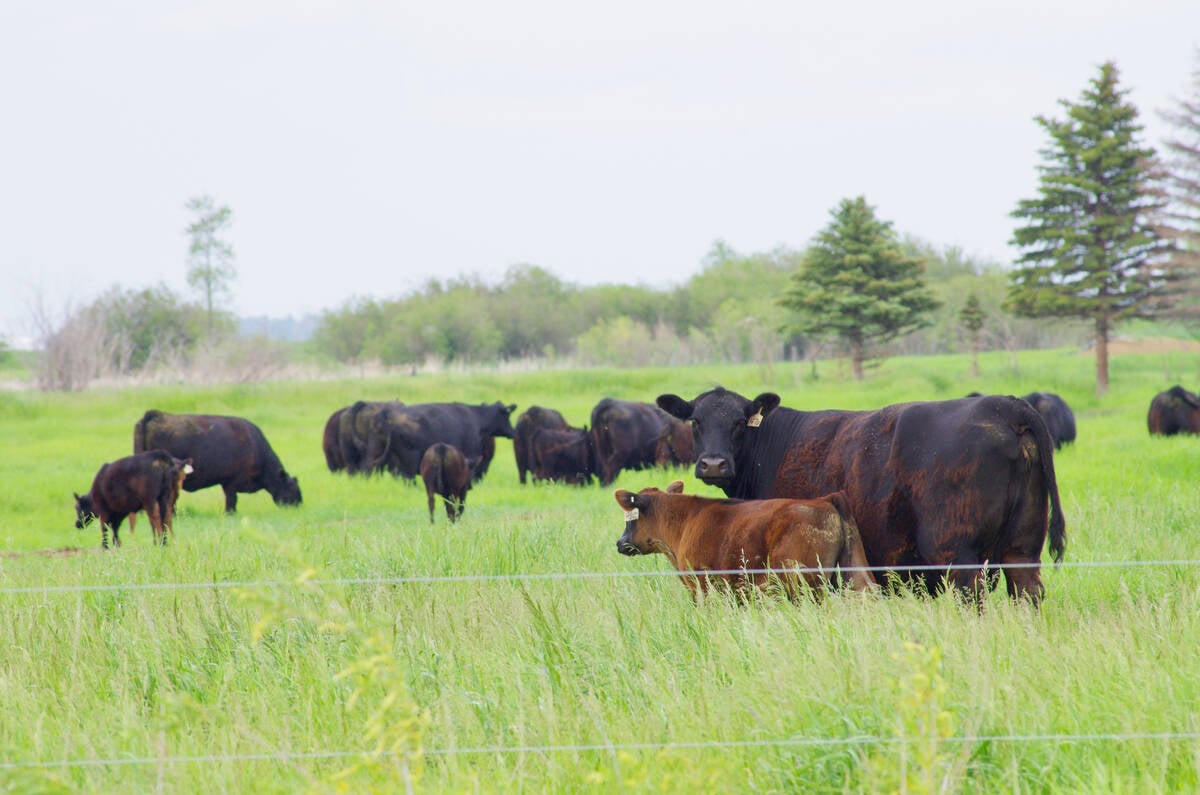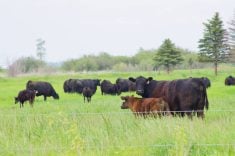If another positive case of BSE is found, it is unlikely entire herds will be destroyed, says the Canadian Food Inspection Agency.
Instead, the agency would look at animals in specific risk categories, said Darcy Undseth of the agency’s BSE team.
If the disease is found in a mature cow, it would look for its calves born the years before and after the clinical signs appeared to check for the possibility of maternal transmission.
CFIA staff want to know where the animal came from and would look for the animals born at the same time and from the same herd that may have consumed contaminated feed. Age of the infected animal would be determined by checking the number of permanent teeth.
Read Also

Tick research from the University of Manitoba focuses on insects and testing
Manitoba researchers are looking into the effects of tick and fly disease in cattle.
The agency would then likely remove the animals born the year before and after the positive animal was born, but would not likely destroy the entire herd. All this requires accurate on-farm records.
“Cattle identification and records are critical now,” said Undseth.
“It’s more important than ever to have good records of where you bought animals, what dams they came off of and have a tagging system in place.”
It may also be possible with accurate animal records and identification to delay the destruction of animals of genetic value to the producer for as long as they remain productive, until they die or are slaughtered.
“The more accuracy we can do on that, the less animals would have to be removed as equivalent risk,” he said.

















